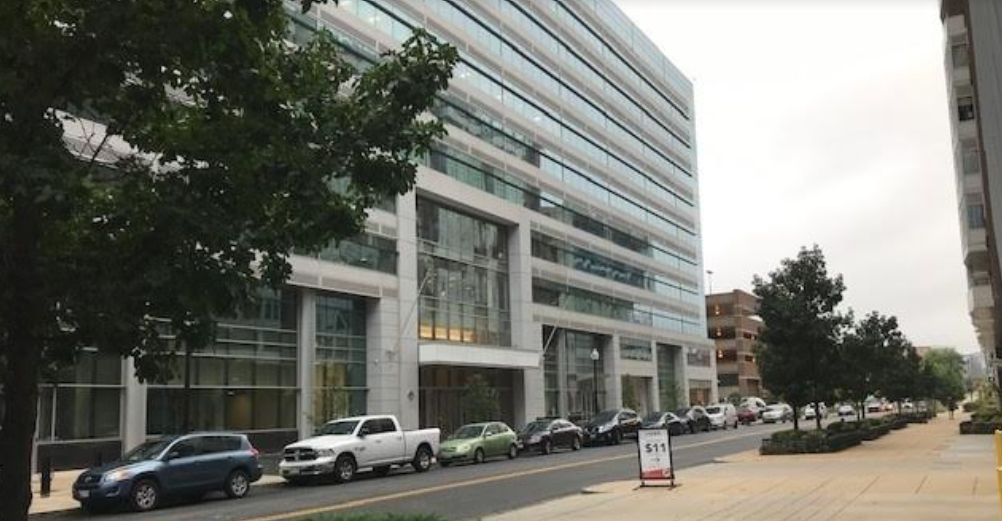FCC Seeks Budget Boost, Pursues 100% Broadband Policy
Also says diversifying media, FCC are key goals

The smarter way to stay on top of the multichannel video marketplace. Sign up below.
You are now subscribed
Your newsletter sign-up was successful
As part of the Biden Administration's 2020 Budget, the FCC has asked for $387,950,000, a 3.7% increase ($13,950,000) over fiscal year 2021, as it pledges to work toward universal affordable broadband and a more inclusive communications landscape.
The FCC covers its expenses via regulatory fees, so it is anticipating covering that increase through those fees.
Part of that increase will go to paying 78 additional employees, which the FCC says it will need to meet its "increased mission demands." Those include a strategy of bringing "affordable, reliable, high-speed broadband to 100 percent of the country."
"In response to the COVID19 pandemic and the challenges that many Americans face, the agency should advance access to communications that are essential for Americans to work remotely, learn remotely, receive healthcare, and engage in commerce," the commission said..
Also Read: White House Paints Depressing Portrait of Broadband
Another prime directive, according to the FCC's budget request summary, will be to promote diversity, equity, and inclusion both in "digital technologies, media, communication services, and next-generation networks" and in its own workforce, which it says should "reflect the experience, judgement, and input of individuals from many different backgrounds."
"The FCC will seek to gain a deeper understanding of how the agency’s rules, policies, and programs may promote or inhibit advances in diversity, equity, inclusion, and accessibility. The FCC will pursue focused action and investments to eliminate historical, systemic, and structural barriers that perpetuate disadvantaged or underserved individuals and communities," it said.
The smarter way to stay on top of the multichannel video marketplace. Sign up below.
Language in the President's Budget talking about the American Jobs Plan infrastructure package talked about using the $100 billion in new broadband subsidies it allocates to "bring affordable, reliable, high-speed broadband to every household, including the more than 35% of rural families who lack access to broadband infrastructure, the millions of families paying too much for broadband, and the millions of low-income and marginalized communities left behind by digital redlining and the digital divide."
Contributing editor John Eggerton has been an editor and/or writer on media regulation, legislation and policy for over four decades, including covering the FCC, FTC, Congress, the major media trade associations, and the federal courts. In addition to Multichannel News and Broadcasting + Cable, his work has appeared in Radio World, TV Technology, TV Fax, This Week in Consumer Electronics, Variety and the Encyclopedia Britannica.

